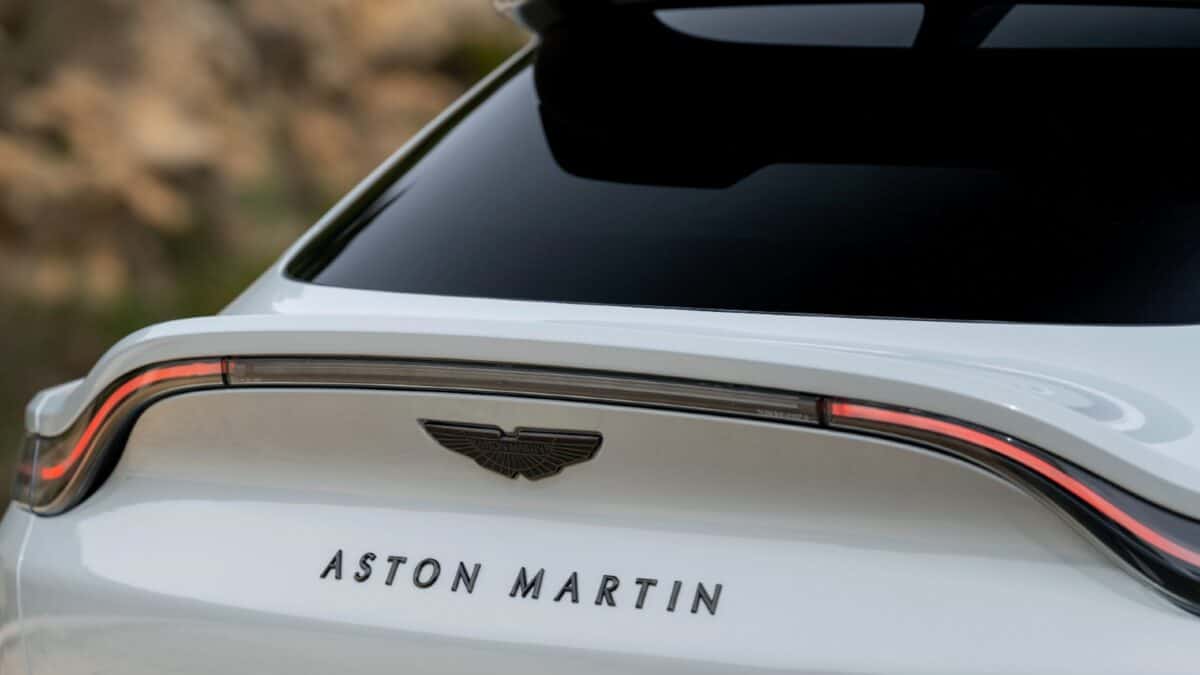While its supercars are an object of envy, for me at least, Aston Martin (LSE: AML) shares are not. The luxury carmaker has had a torrid time on the stock market so far in 2024. The Aston Martin share price has fallen by 44% since the start of the year.
That is part of a longer-term trend of simply terrible performance. The shares are worth just 6% today of what they cost five years ago.
Yet the business seems to have a lot of possible strengths, from engineering expertise and a premium marque to a well-heeled band of loyal customers.
Challenging business model
For now, though, I have my doubts about whether such strengths can stop ongoing decline in the Aston Martin share price.
Just look at the first-quarter results, published last month.
Wholesale volumes fell 26% compared to the same quarter last year. Revenues fell 10% (the lower fall in revenues than volumes does at least show the company is using its pricing power and improving the mix of cars it sells). The operating loss rose 15% to £59m while the pre-tax loss surged 87% to £139m.
Net debt was up by a fifth, to £1.1bn. That is despite significant fundraising in recent years aimed at reducing debt. Indeed, in March the company refinanced £1.2bn of debt.
What is going on?
As I see it, there are two problems here, both significant.
First: the company is not selling enough cars at a high enough price. That is why it continues to make a sizeable operating loss.
Secondly, that large debt pile is putting extra strain on the company’s finances. Not only does it mean a large interest bill (£43m of net cash interest in the first quarter alone), but the principal amount will also fall due for payment in future.
Questions about survivability
Given that, I see little reason for the Aston Martin share price even to be as high as it is.
Yes, it has collapsed 94% in just five years. But that still leaves a market capitalisation of £1.3bn.
This is a consistently loss-making, heavily indebted business that is haemorrhaging cash. Free cash outflow last year was £360m.
Unless the business performance turns around, I think it is fair to consider whether the business can even continue in its current form over the next decade, or whether its assets will end up being bought by a third party. Depending on the scenario, that might leave little or nothing for shareholders.
More speculation than investment
If the business can turn itself around, the current Aston Martin share price could be lower than its ultimate value.
The brand is strong, the sales mix has improved and the executive chairman has promised that 2024 is set to be a year of “immense product transformation”.
To me, though, there are so many variables and unknowns here that putting money into this company carrying heavy debt and bleeding cash looks more like speculation than investment. I have no interest in buying its shares.
This post was originally published on Motley Fool







